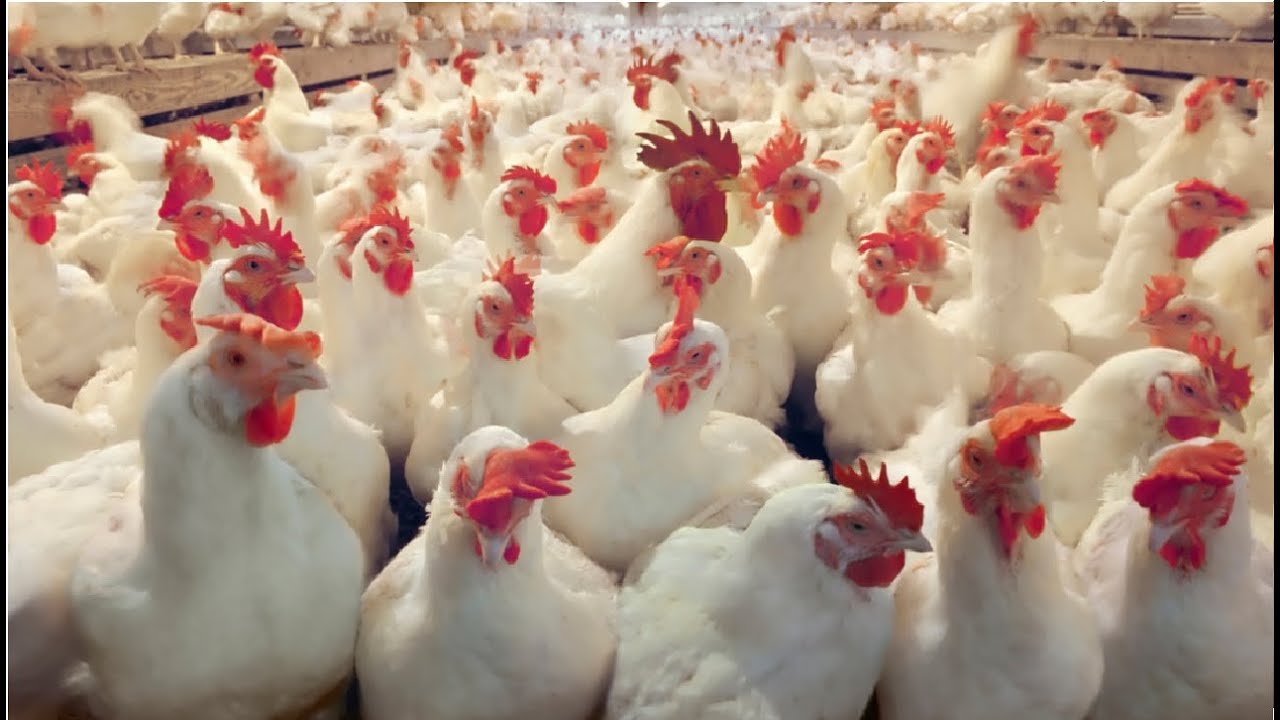
Nairobi’s City Market is one of the most iconic structures in the capital city, with a history dating back to 1930 when it first opened its doors to the public. While it is more famed for the inviting aroma of roasting meat and fish that wafts across surrounding streets, few know that this is Nairobi’s biggest chicken market.
The chicken you order at your favourite food joint or restaurant most likely landed at City Market on a truck from a poultry farm in Central Kenya, Rift Valley or Ukambani, before finding its way to your plate and palate.
The market offers something for everyone too.